
2024, we hardly knew ye. No, seriously: the year’s gone by in such a flash that it barely even feels like it even began. And that’s even taking into account all the wild stuff that’s happened these last twelve months, from the UK and US elections to the escalation of war in the Middle East to breakdancing at the Olympics, all of which haven’t exactly given us much optimism for the immediate future.
But you know what HAS filled us with optimism this year? The movies! And while it’s been a turbulent time for the industry – particularly with box office numbers still down significantly from how they were pre-pandemic, due to a number of costly flops as the film world begins feeling the effects of last year’s writers/actors strikes, as well as the slow but sure bursting of the streaming bubble – a lot of the ones we were fortunate to get throughout 2024 have made it all (well, almost all of it) totally worth it.
That’s what we’re going to be celebrating with our round-up of the 30 best films to pass us by in 2024, so strap in because there’s a lot to get through (or, if you want to skip to a particular number, then click any of the hyperlinks at the top of the page)!
Now, before we start our countdown, a little reminder about how our list operates: films are only eligible if they were given an original UK release between January 1st and December 31st 2024, meaning that it has to have been out in the UK between those dates without being released elsewhere in the world beforehand (including cinema, streaming and on-demand releases) in order to qualify.
Unfortunately, this immediately counts out a lot of last year’s awards contenders like The Holdovers, The Zone of Interest and All of Us Strangers (which were released in the United States or other territories the year prior), as well as some films that may have been seen this year, either at festivals or at advance screenings, but aren’t officially released in the UK until next year, such as The Brutalist or A Compete Unknown (this also includes any and all films seen at festivals which do not yet have an official release date).
So, with that out of the way, let’s officially begin with number 30…
30 – Magpie (dir. Sam Yates)
Daisy Ridley had a busy year, starring in a number of projects such as the sombre drama Sometimes I Think About Dying and the inspiring sports drama Young Woman and the Sea, all of which showed her steady growth as a performer. But it was in director Sam Yates’s delightfully high-strung psychological thriller – which not only originated from an idea by Ridley herself, but was also written by her husband Tom Bateman – that she displayed her finest work yet.
Ridley gives a tremendous turn as the deeply troubled stay-at-home wife of Shazad Latif, who slowly but surely turns the tables on him as his obsession with Matilda Lutz’s film star deepens, and the results are genuinely Hitchcockian with moody cinematography and a melancholic score by Isobel Waller-Bridge all leaving the viewer in a steady place of uncertainly throughout. It isn’t until its exceptionally satisfying conclusion, though, that everything comes into place, and not only is it incredibly satisfying to watch, but because by that point you are firmly on Ridley’s side – and very much against this utter bell-end of a husband, who is one of the year’s most detestable baddies – you’re practically cheering her on as her scheme becomes apparent.
Even if a return to the world of Star Wars is all but imminent for Ridley, she’ll at least be heading back with an all-new set of dramatic skills, no developed during her excellent work on this film (as well as her other 2024 movies)…
29 – Inside Out 2 (dir. Kelsey Mann)
Following in the footsteps of a certified modern Pixar classic is no small task, but director Kelsey Mann’s sequel managed to come far closer than it had any right to be, with a follow-up that may not be as fresh as its predecessor, but still evolves the story into something much deeper than before.
Plenty of new challenges faced the likes of Joy, Sadness, Anger et al, and by extension their pubescent vessel Riley, that literally took them all to brand-new places, filled with ingenious sight gags and plenty of existentialist ponderings on what it is to grow up and develop new feelings. Said feelings were standouts in and of themselves, especially the unnerved Anxiety who personified so many of our own inner insecurities to become of the year’s most rounded characters, while the typically stellar Pixar animation left more than enough for kids of all ages to become entranced by, all while its thought-provoking and – yes – emotional storytelling gave it plenty of fuel to compete with, though not necessarily overtake, the original film.
The resounding box office success of this film also guarantees that Inside Out 3 is bound to happen at some point – maybe Nostalgia will be given a much larger role this time round…
28 – Late Night with the Devil (dirs. Cameron Cairnes & Colin Cairnes)
The found-footage horror was given a much-needed new lease of life with the tongue-in-cheek and decisively terrifying new film from filmmaker siblings Cameron and Colin Cairnes, which not only took as much advantage of its unique setting and aesthetic as it possibly could, but actually managed to take the genre to some legitimately terrifying places.
David Dastmalchian is perfectly cast as the ambitious host of a 70s talk show that turns disastrous after a live summoning of a demon, with the directors brilliantly replicating the look and feel of something you genuinely would have seen on television during that time period, right down to the cheesy one-liners and snazzy suits of its guests. While its full dedication to the found-footage angle is often undercut by frequent cuts to behind-the-scenes drama – not to mention causing a bit of a stir when it became apparent that the film used AI in certain on-screen designs – it nonetheless stands out as an effective slice of horror that really gets under your skin, quite literally in one of many cases involving its stellar practical effects.
After so many found-footage horrors that were funnier than they were truly scary, it was nice to have one where it felt like you were supposed to laugh (before, of course, you’re not)…
27 – A Different Man (dir. Aaron Schimberg)
Joining Daisy Ridley in the league of franchise actors having a break-out 2024 was Sebastian Stan, but while more attention was no doubt paid to his turn as Donald Trump in The Apprentice, it was his much more complex turn in writer-director Aaron Schimberg’s satirical dark comedy that stood out the most, in a film that is already something of an underrated gem.
Initially donning heavy (and impressive) make-up to portray a man with neurofibromatosis, who promptly gets it removed to live a more “normal” life, Stan’s excellent performance brought to life an incredibly daring portrayal of disability, one that suggests it is not the physical impairment of someone that defines them but rather who they actually are, something that is further enhanced by the magnetic supporting turn of Adam Pearson, who contrastingly never lets his own NF condition define him. All the while, Schimberg engages the audience with unsettling direction and multi-layered writing that delivered one shocking turn after another, while remaining true to its somewhat bleak messages.
It is a challenging, unnerving and entirely unexpected triumph that should put Stan in a whole other realm, and hopefully make people forget about his other controversial turn this year…
26 – Civil War (dir. Alex Garland)
Yeah, it’s a little awkward to be talking about American politics after what went down at the polls this year, but the beauty of writer-director Alex Garland’s intense dystopian thriller is that it doesn’t necessarily require in-depth knowledge of the current political climate, instead choosing to spotlight the importance of the journalists who risk everything to get the truth to the world.
As we follow the likes of Kirsten Dunst and Cailee Spaeny across a war-torn United States, their cameras serve as more powerful weapons than guns, capturing some of the most horrifying images you could imagine from this fictional (for now) scenario, and Garland’s stern direction gives plenty of humanity to its ragtag team of photographers, operating in a world where humanity is a rarity – one only has to watch the centrepiece scene with an uncredited Jesse Plemons to understand how scary this environment can be. Both an eerie what-if scenario and a compelling argument for the importance of honest media in our everyday lives, the film really does leave you thinking about how close we might actually be to all this happening in our timelines.
Who knows, maybe within a few years, Civil War will instead be considered a classic documentary rather than a piece of fiction…
25 – Monkey Man (dir. Dev Patel)
April was bookended by two extremely gory and over-the-top revenge action-thrillers, both with wildly different tones. But whereas Boy Kills World adopted a far more tongue-in-cheek comedic approach, debut director Dev Patel delivered something far grittier and seedy, not to mention much dourer in its spirit – and I don’t think I need to tell you which one ended up being the better movie.
Patel, who also co-wrote and starred in the film, endured a gruelling production in order to get his vision off the ground, with the movie at one point destined for Netflix obscurity until producer Jordan Peele stepped in to give it the theatrical run it deserved, and the gamble paid off as more people were able to experience Patel’s brutal vision of Indian sleaze and corruption on the biggest screen possible. The first-time filmmaker impressed with a striking approach to fight choreography that could almost rival any of the John Wick movies, while also paying considerable and heartfelt attention to a fair number of groups ostracised within the country’s sociopolitical climate, further enrichening this grimy world of rough action.
Patel’s name has been thrown about a bunch amidst speculation of who will be the next James Bond, but Monkey Man puts him firmly in contention for the director who will actually make 007’s next outing…
24 – Abigail (dirs. Matt Bettinelli-Olpin and Tyler Gillett)
Robert Eggers’ Nosferatu may be just around the corner – and sadly, its New Year’s Day release in the UK automatically disqualifies it from both this year’s list and next year’s one too – but until then, filmmakers Matt Bettinelli-Olpin and Tyler Gillett (collectively known as Radio Silence) gave audiences the vampire hit that nobody knew we all needed.
As with Radio Silence’s previous features such as Ready or Not and their Scream sequels, Abigail neatly mixes gory horror with unexpectedly laugh-out-loud moments to produce some deliciously fun results, with an ensemble cast – among them Melissa Barrera, Kathryn Newton, the late Angus Cloud, and one of 2024’s many outlandish turns by Dan Stevens – being outshone in the best way possible by Alisha Weir as the titular blood-sucker, in an outstanding turn that single-handedly transforms the movie into a brilliantly bloody love letter to vampiric horror. Beyond that, though, the film is a whole load of fun, combining haunted-house terrors with campy humour that takes viewers on a wild and unholy night of sinister carnage, while also allowing them to sit back and laugh at the craziness of it all.
Hopefully, with the film’s modest box office success and unexpected popularity on streaming/digital, we haven’t seen the last of the ballerina vampire…
23 – The First Omen (dir. Arkasha Stevenson)
A film like The First Omen should have no reason being on this list. It is a prequel to a beloved horror classic, made by a debut feature filmmaker, largely featuring a cast of no-name actors, and seemingly made solely so that distributor 20th Century Studios can cash in on the brand name. By all accounts, it should be DOA – but the fact that it not only isn’t but is also among one of the year’s best horror films is something of a divine miracle.
Arkasha Stevenson’s stylish look at how that devilish little scamp Damien came into existence firmly stands apart from the original film (save for some blatant callbacks, which are mercifully kept to a minimum), with the gripping suspense boosted by some stunning cinematography and a ferocious physical turn by lead Nell Tiger Free, in a script that gives plenty of depth and likeability to many of its characters. Its avoidance of cheap jump-scares also signals a greater respect for its audience than most horrors, while an unnerving sense of doom clouds over at all times, even when certain twists are pretty obvious from the get-go.
Though its box office intake wasn’t particularly outstanding, hopefully more people will discover it at home, and give this section of the Damien saga an even stronger mandate to carry on…
22 – The Bikeriders (dir. Jeff Nichols)
After being temporarily made homeless by original distributor 20th Century Studios during the actors’ strike, Universal’s subsequent acquisition of writer-director Jeff Nichols’ gripping motorcycle drama ensured that the film would indeed be seen on the big screen – and given its vital messages about the dangers of overly masculine environments, it’s nothing short of a good thing.
Nichols rides head-first into a captivating study of a fictional biker gang in the 20th century Midwest, and the varying personalities that come with it, from Austin Butler’s brooding James Dean-esque Benny to Tom Hardy’s power-hungry leader Johnny (with Hardy’s odd choice of voice, emulating Marlon Brando in The Wild Ones, making complete sense in this context). However, by placing Jodie Comer’s sharp-tongued Kathy at the centre of it all, the film transforms into a sobering look at how lost and directionless a lot of these men’s live are, while more and more extreme forces threaten to take this gang down an ever more toxic path, especially as they give in more to their masculine urges.
Its hard-hitting themes, coupled with standout performances and a rocking soundtrack, make this film more than worth a watch, and may even make you think twice about getting that Harley-Davidson to fill the void of your mid-life crisis…
21 – My Old Ass (dir. Megan Park)
Charming audiences ever since its debut at Sundance all the way back in January, writer-director Megan Park’s coming-of-age comedy ran with a wholly unique take on the classic time-travel story – one involving a crapload of magic mushrooms – and delivered something that genuinely hit the heartstrings in all the right ways.
Once you get past the fact that Aubrey Plaza and the film’s big breakout star Maisy Stella look almost nothing alike, despite playing older and younger versions of the same character respectively, you’ll be won over by its pure-hearted nature as Park imparts plenty of wisdom and humour into a narrative that combines mysteriously forbidden romances, a sub-plot involving a family cranberry farm, and even a hallucinatory Justin Bieber dance sequence. Coming at just under ninety minutes, it’s also a film that wastes no time in delivering the goods, all the way up to a bittersweet climax where most expectations are thrown out the window, including the fact that you’ll find yourself caring deeply about a character named Chad.
A sweet, funny, delicate, and utterly adorable teen flick, this may have slipped under most people’s radars but deserves to be discovered by audiences both past and future…
20 – Furiosa: A Mad Max Saga (dir. George Miller)
One of the greatest box office tragedies of 2024 was undoubtedly George Miller’s long-in-development prequel to Mad Max: Fury Road, considered by many (by which I mean myself) to be the single greatest action movie of all time. Yet, despite its critical acclaim, its brand recognition, and even the inclusion of big stars like Chris Hemsworth and Anya Taylor-Joy, it bombed harder than a kamikaze War Boy strapped with dynamite. Adding salt to the wound is the fact that it’s a pretty great movie, one that painfully rare in today’s blockbuster era.
Miller’s prequel took a very different approach to its predecessor, with a slower pace that explored the difficult journey of its title character as she endured the hardships of the post-apocalyptic wasteland, often at the mercy of Hemsworth’s maniacal warlord Dementus, one of the year’s most memorable villains. Even still, it managed to capture what most people enjoyed from not just Fury Road but other previous Mad Max films, from its deranged stuntwork to colourful desert cinematography to characters speaking in a random mix of Australian and American accents, and while it doesn’t quite equal or surpass the heights of Fury Road (though what movie ever could?) it stood its ground as a worthy addition to the epic franchise.
It’s just such a shame that most audiences simply weren’t interested in seeing it, meaning we’ll probably never get that Scrotus and Rictus Erectus spin-off we all deserve…
19 – Conclave (dir. Edward Berger)
On paper, watching a group of cardinals sitting around deciding who gets to be the next Pope sounds like nobody’s idea of fun. But under the surprising direction of All Quiet on the Western Front’s Edward Berger, it became the cattiest and most suspenseful papal thriller in existence, and it was nothing short of a good time.
The adaptation of Robert Harris’ novel of the same name gave audiences a drama-heavy and endlessly entertaining peek into the cutthroat world of the Vatican, as candidates for the biggest role in Catholicism (apart from the Holy Trinity, of course) frequently lied, cheated, manipulated and exposed their competition in order to sway more votes. Add to the mix some great actors delivering awards-worthy performances, including a standout lead turn from Ralph Fiennes and a brief but pivotal turn from Isabella Rossellini, as well as some genuinely surprising twists and turns that keep things relatively unpredictable, and you have yourself a compelling and deliciously bitchy time at the movies.
Though after the political turmoil of 2024, if watching a movie about yet another divisive election isn’t your top priority then that’s perfectly understandable – but you’ll really be missing out on some fun…
18 – Heretic (dirs. Scott Beck and Bryan Woods)
Nobody likes sitting through a lecture about religion, but writer-director duo Scott Beck and Bryan Woods achieved the impossible by turning faith and its rather dark history into an engaging and often haunting TED talk of a movie. And they picked one hell of a speaker to deliver their well-rounded arguments.
Hugh Grant, arguably at both his most charming and his most terrifying, tormented the absolute hell out of unassuming Mormon missionaries Sophie Thatcher and Chloe East, in a film that favours heavy dialogue over traditional scares which, against all odds, worked incredibly well for this very different kind of horror. Not only is the writing incredibly sophisticated with references to everything from Monopoly to The Phantom Menace to explain religion’s grasp on humanity at large, but the directors create a subtle claustrophobia within this labyrinth of a house, filled with gruesome surprises and hard truths about faith itself that keep things from becoming tiresome or sluggish.
Like some religions, it will give you a satisfying, if slightly warped, peace of mind that fill an empty void in your life, especially if that void happens to be shaped like Hugh Grant…
17 – Super/Man: The Christopher Reeve Story (dirs. Ian Bonhôte and Peter Ettedgui)
Before DC Studios launches its theatrical slate with next year’s Superman reboot (which, by the way, looks awesome!), documentary filmmakers Ian Bonhôte and Peter Ettedgui were quick to emphatically remind the world of a very different kind of superman – who not only played one on the screen, but also in real life.
Christopher Reeve, the screen icon and later disability activist, led a fascinating life to make any other superhero jealous, and the directors perfectly captured his sparkle through archive footage of the actor in interviews or fulfilling his family duties in home videos, as well as on-camera statements from his surviving family members and close friends who all add plenty of tear-jerking sentiment to his story. Whether you remember him from his movies or his shocking accident that left him fully paralysed, Reeve clearly left a lasting legacy that this film conveys with plenty of enthusiastic warmth that avoids becoming mere hero worship.
From the basis of this touching must-see documentary, David Corenswet sure has some mighty big shoes (and red underwear) to fill…
16 – Emilia Pérez (dir. Jacques Audiard)
It’s been sharply dividing critics and audiences ever since it swept Cannes into a frenzy, but that won’t stop me from speaking my truth, which is that writer-director Jacques Audiard’s ambitious and unique musical thriller is a thrilling, often even beautiful, piece of cinema.
Audiard goes the full rock opera route with his tale of a Mexican cartel boss undergoing gender reassignment surgery, blocking and choreographing some passionate musical numbers co-written by French singer Camille that are performed with similar amounts of passion from cast members Zoe Saldaña, Selena Gomez, and especially Karla Sofía Gascón in a truly awe-inspiring turn as the titular figure herself. The film also balances its song-and-dance sequences with compelling characters who have their fair share of depth and intrigue, while the story of redemption and identity being told is engrossing in its execution, keeping you engaged until its explosive climax.
Though it’s been a consistently unpopular choice among some viewers, who believe the film to be transphobic and racist among other things (opinions that I personally do not agree with, though I do understand why it could be seen that way), the only way to determine for yourself is if you sit down and take in its wild, unapologetic nature at face value – and hopefully find as much to enjoy about it as I and precious few others did…



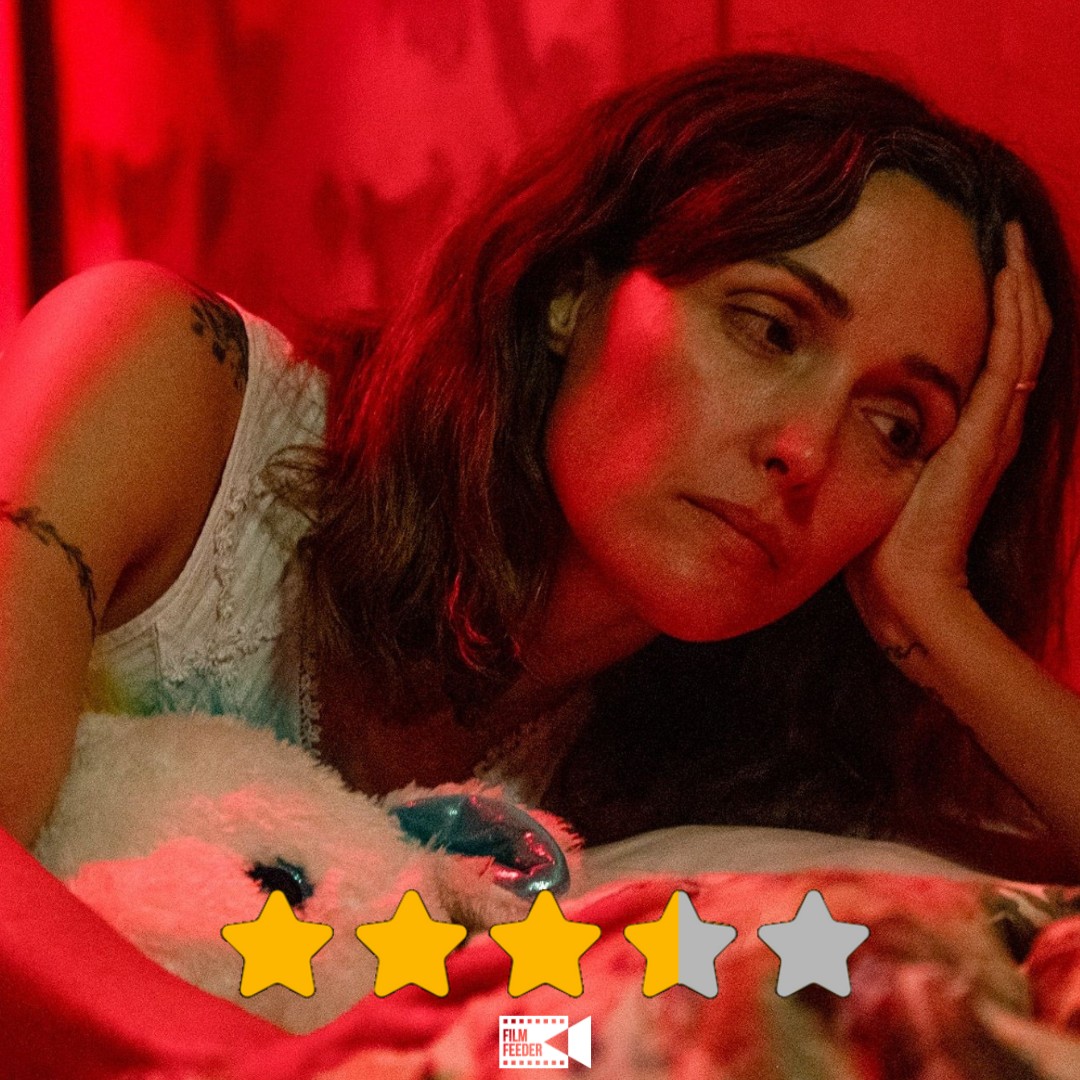

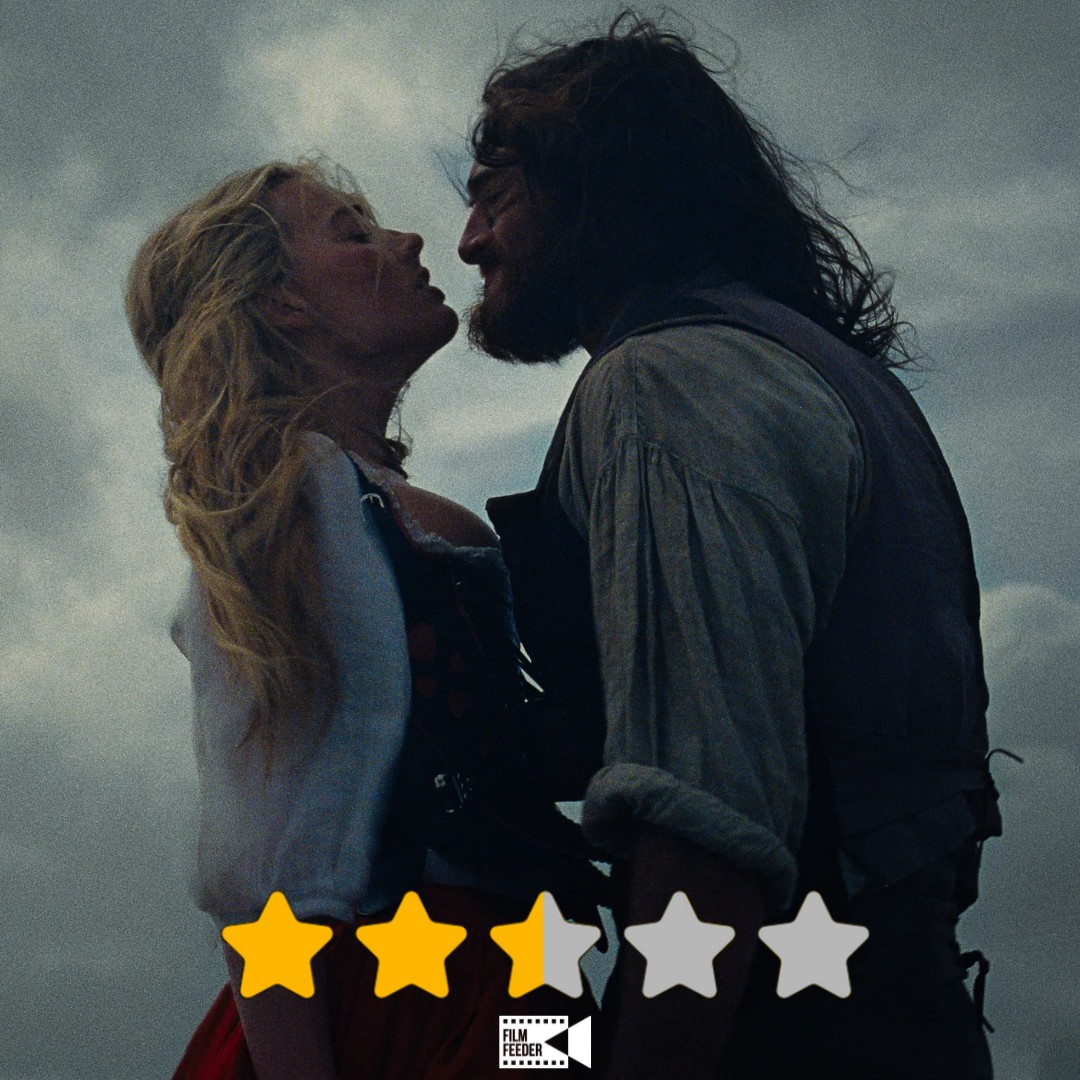
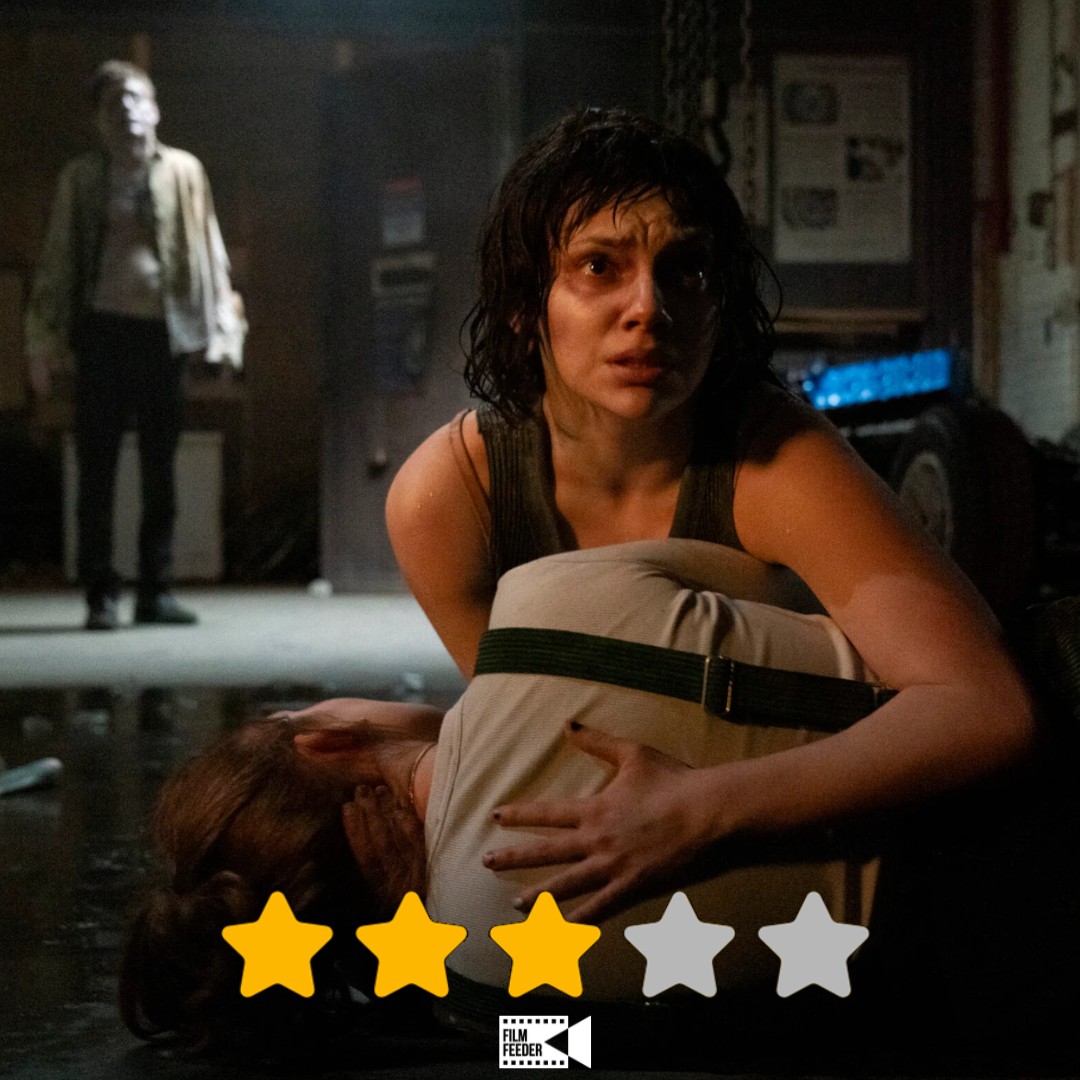
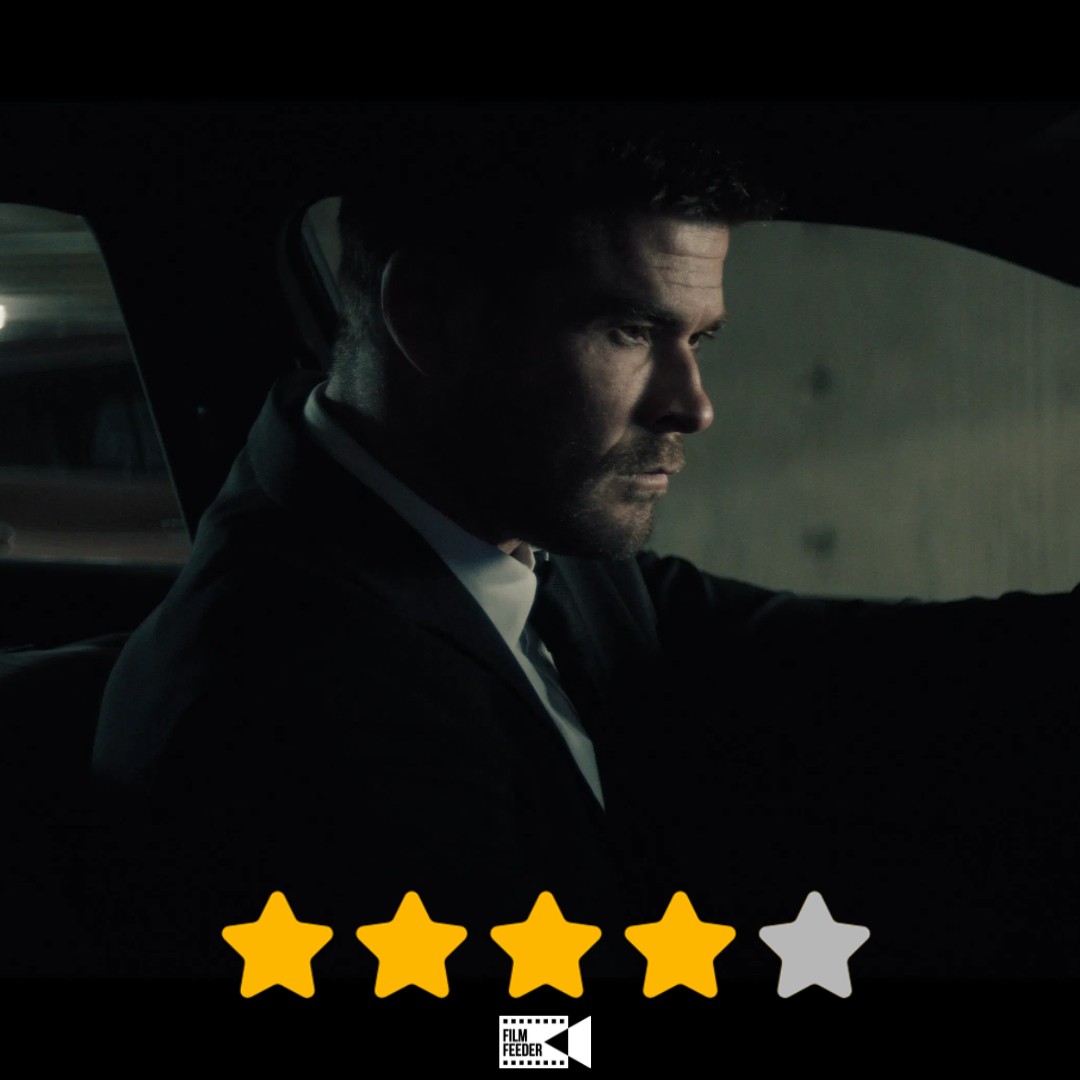
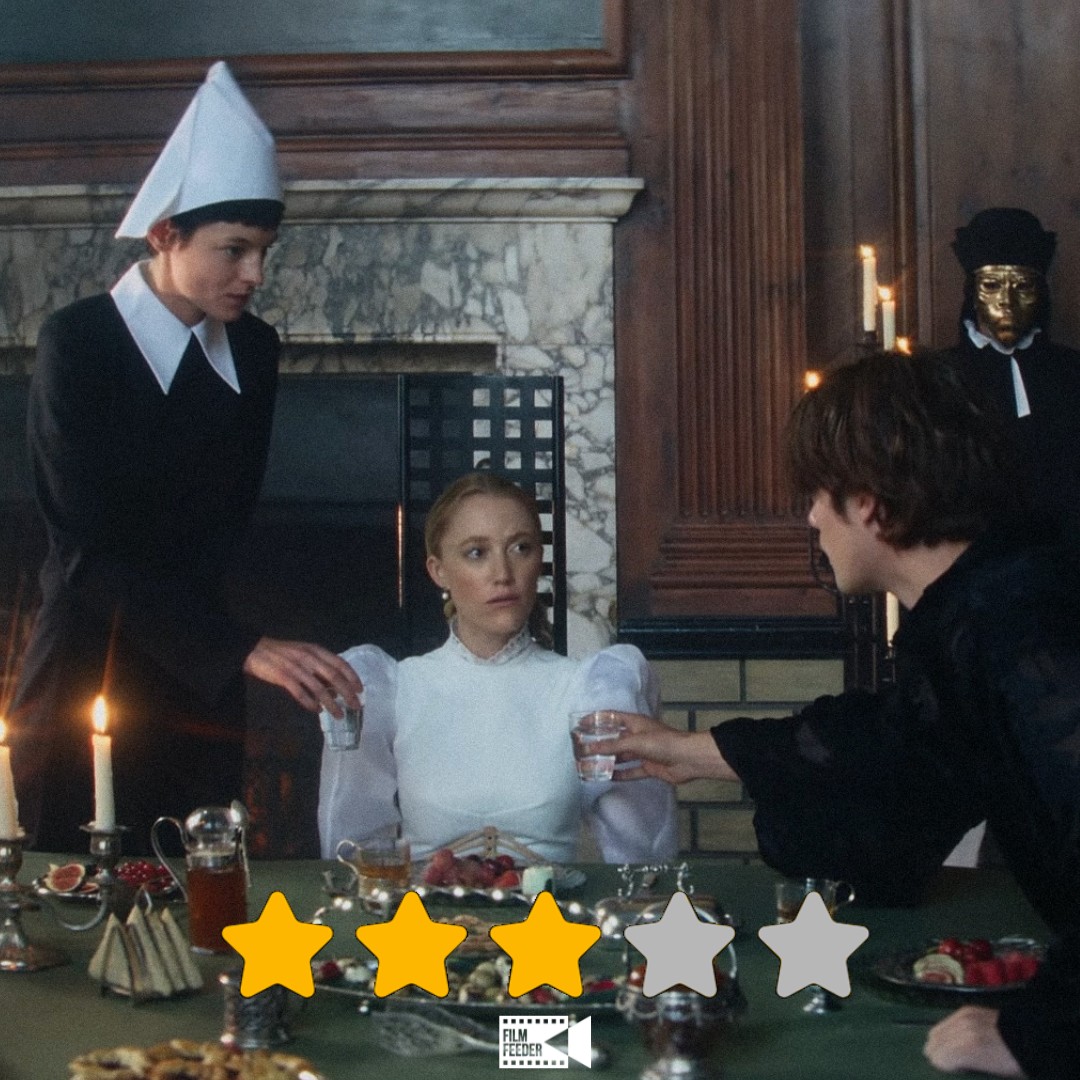


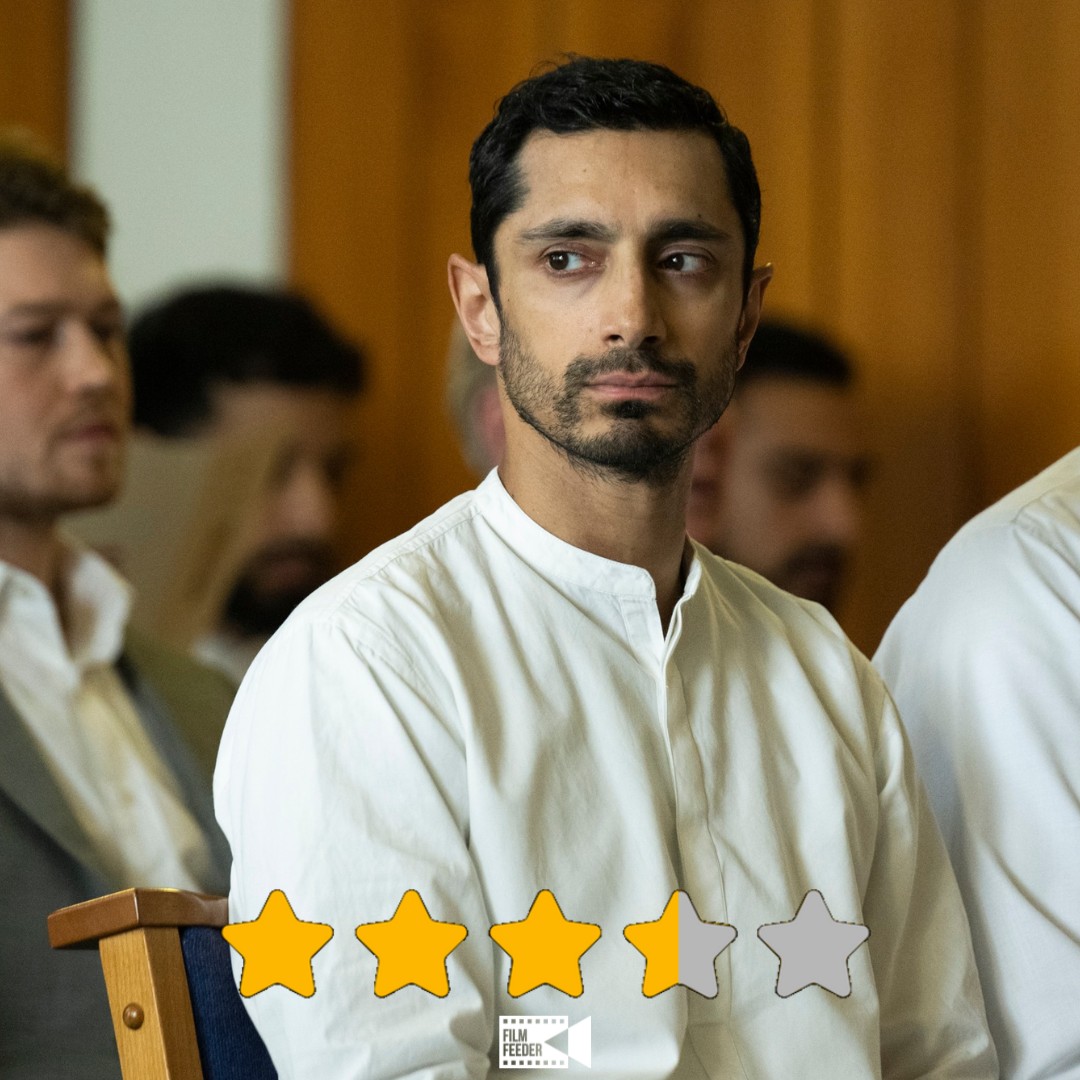
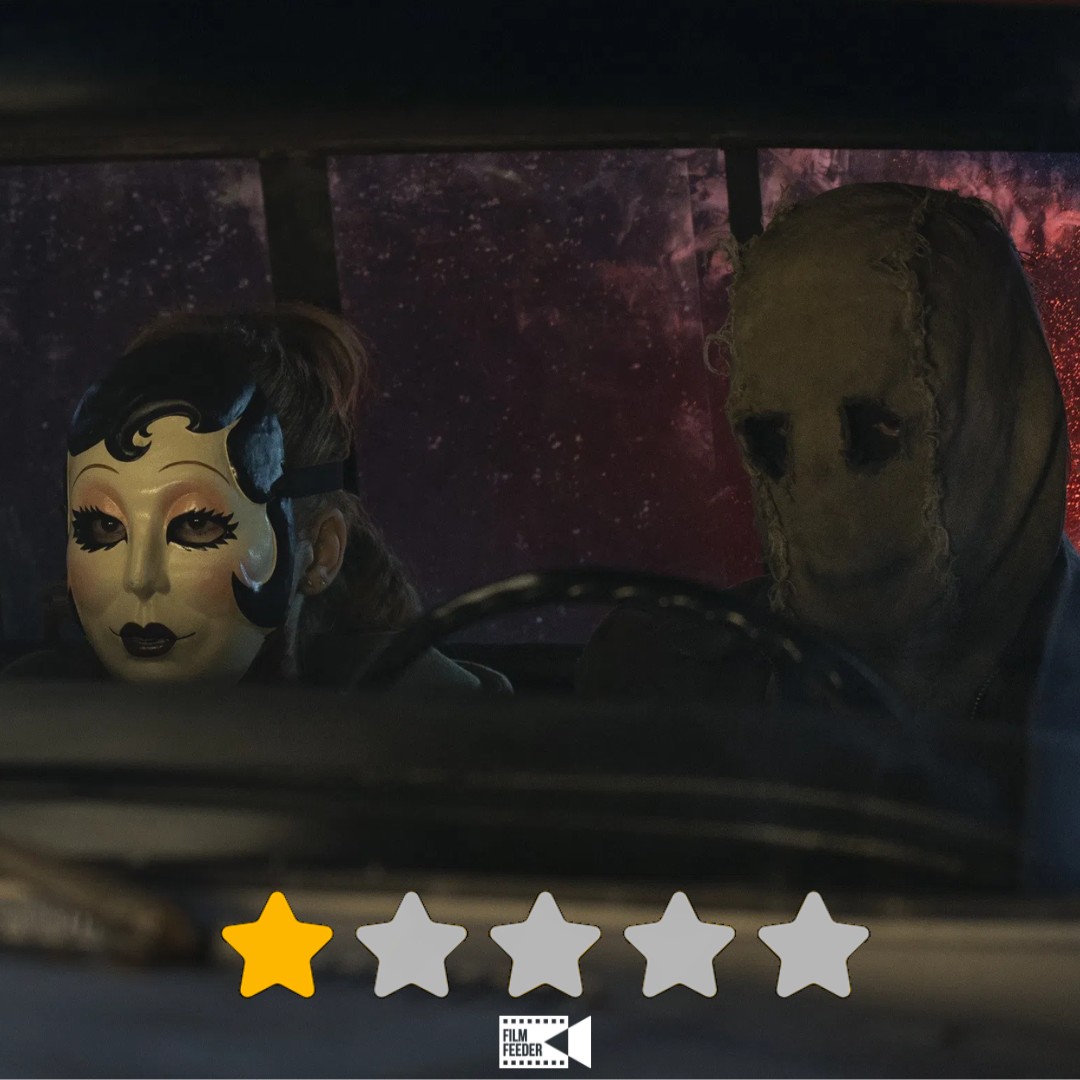
0 Comments